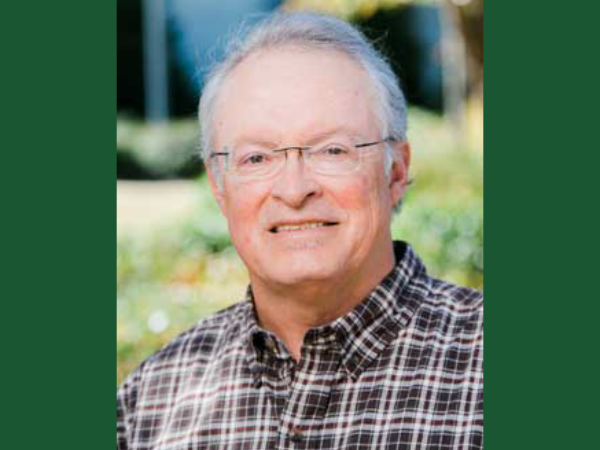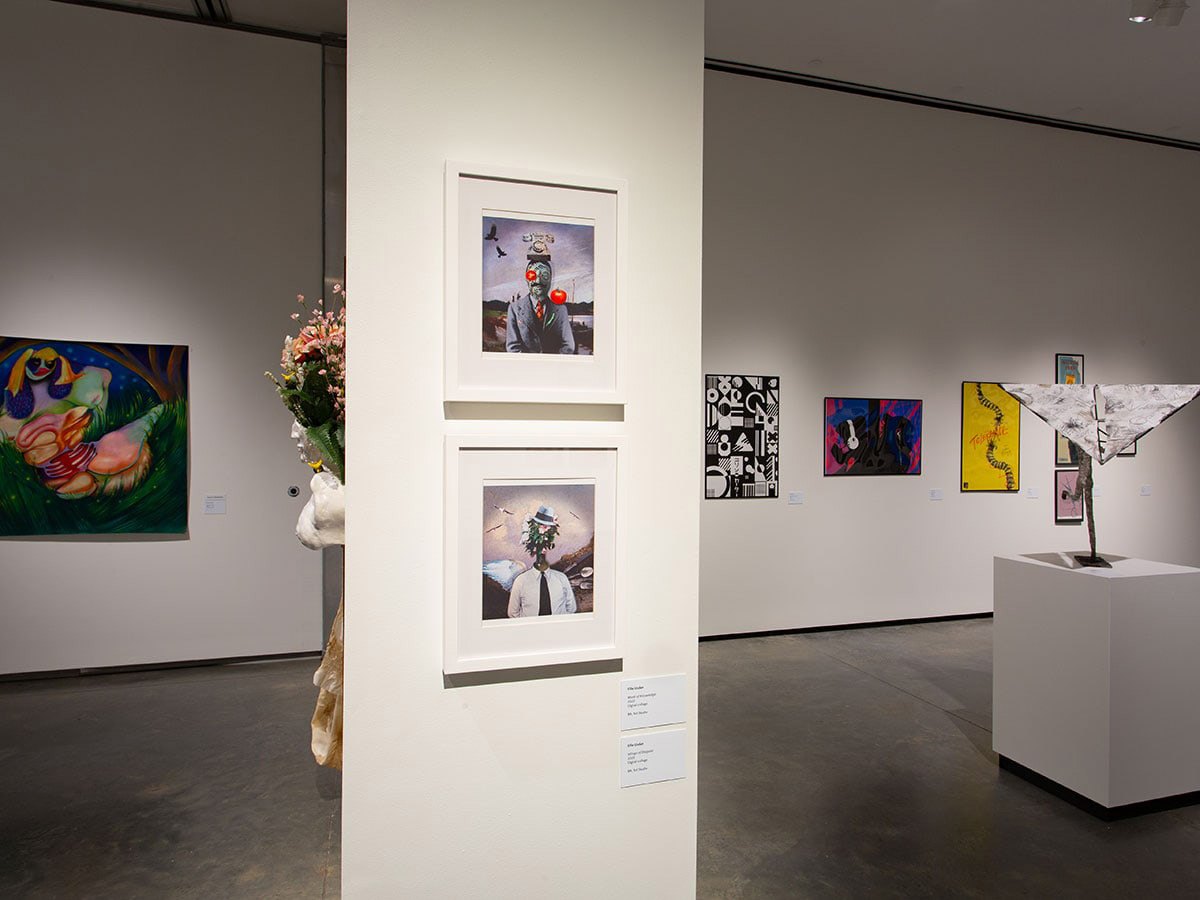Sid Chandra, a senior majoring in the Undergraduate Neuroscience Program, writes about his experiences in the program and at UAB.
When I was a freshman in high school, my grandfather was diagnosed with frontotemporal dementia, an untreatable neurodegenerative condition. Over the years, I watched my grandfather lose the ability to recognize and communicate with the people closest to him. It was frustrating to watch him suffer and not be able to do anything to help him. I began to read about his condition and similar neurodegenerative disorders, such as Alzheimer’s and Parkinson’s disease. To understand disease research articles, I needed to understand the basic biology of the brain, so I read Neuroscience for Dummies by Frank Amthor, a UAB neurobiologist. I began to become fascinated by the brain and diseases that cause it to malfunction.
 When deciding where to attend college, UAB attracted me because of the strong neuroscience research, the well-established Undergraduate Neuroscience Program (UNP), and the resources available to students from the UAB Honors College. Soon after joining UAB, I began to seek out research mentors. With help from Dr. Cristin Gavin, co-director of the UNP, and Dr. Diane Tucker, director of the Science and Technology Honors Program, I was able to join the lab of Dr. Andy West, an expert in Parkinson’s disease. In the West lab, I focused on studying the role of a protein kinase called LRRK2 in rodent models of Parkinson’s disease and strategies to target LRRK2 for therapeutic benefit. After three years of working with Dr. West, he moved to continue his career at Duke University, and I joined Dr. Talene Yacoubian’s lab. In Yacoubian lab, I have focused on understanding how modulation of the 14-3-3 protein influences neuropathology in rodent models of Parkinson’s disease. I have been fortunate to publish my results in peer reviewed journals, communicate my science across the country at several regional and national conferences, and win competitive fellowships to support my research during the summers. My experiences in the West and Yacoubian labs have solidified my interest in basic and translational research and affirmed that I want these practices to be a significant part of my career.
When deciding where to attend college, UAB attracted me because of the strong neuroscience research, the well-established Undergraduate Neuroscience Program (UNP), and the resources available to students from the UAB Honors College. Soon after joining UAB, I began to seek out research mentors. With help from Dr. Cristin Gavin, co-director of the UNP, and Dr. Diane Tucker, director of the Science and Technology Honors Program, I was able to join the lab of Dr. Andy West, an expert in Parkinson’s disease. In the West lab, I focused on studying the role of a protein kinase called LRRK2 in rodent models of Parkinson’s disease and strategies to target LRRK2 for therapeutic benefit. After three years of working with Dr. West, he moved to continue his career at Duke University, and I joined Dr. Talene Yacoubian’s lab. In Yacoubian lab, I have focused on understanding how modulation of the 14-3-3 protein influences neuropathology in rodent models of Parkinson’s disease. I have been fortunate to publish my results in peer reviewed journals, communicate my science across the country at several regional and national conferences, and win competitive fellowships to support my research during the summers. My experiences in the West and Yacoubian labs have solidified my interest in basic and translational research and affirmed that I want these practices to be a significant part of my career.
Outside of the lab, I have been heavily involved with UAB Student Multicultural and Diversity Programs as a Free Food for Thought facilitator, board member of the Social Justice Advocacy Council, and a SMDP retreat leader. Through these endeavors, I have had the opportunity to advocate for marginalized groups and help educate my peers on social issuing plaguing our world. Additionally, I have had the opportunity to work substantially with the UAB Honors College as a communications chair for the Honors College Leadership Council and as an Honors College Ambassador. Through my experiences with SMDP and the Honors College, I have grown as a person and as a leader. I intend for advocacy to be an important part of my career going forward.
All of my experiences and success at UAB could not have been accomplished without the help of several mentors — Drs. West, Gavin, Tucker, and Yacoubian (and many more). UAB is truly a unique university in that students here do not learn only in a classroom, but they are given experiential opportunities to grow professionally and personally. My experiences at UAB have inspired me to become a physician-scientist, so that I may investigate the molecular basis of disease, develop mechanism-based therapies, and treat patients directly in the clinic. By providing research opportunities, coursework, and fantastic mentorship, the UNP has fully prepared me for the challenges that lie ahead. This summer, I will begin an M.D.-Ph.D. program to start my journey of becoming a physician-scientist and join the fight against incurable disease.


